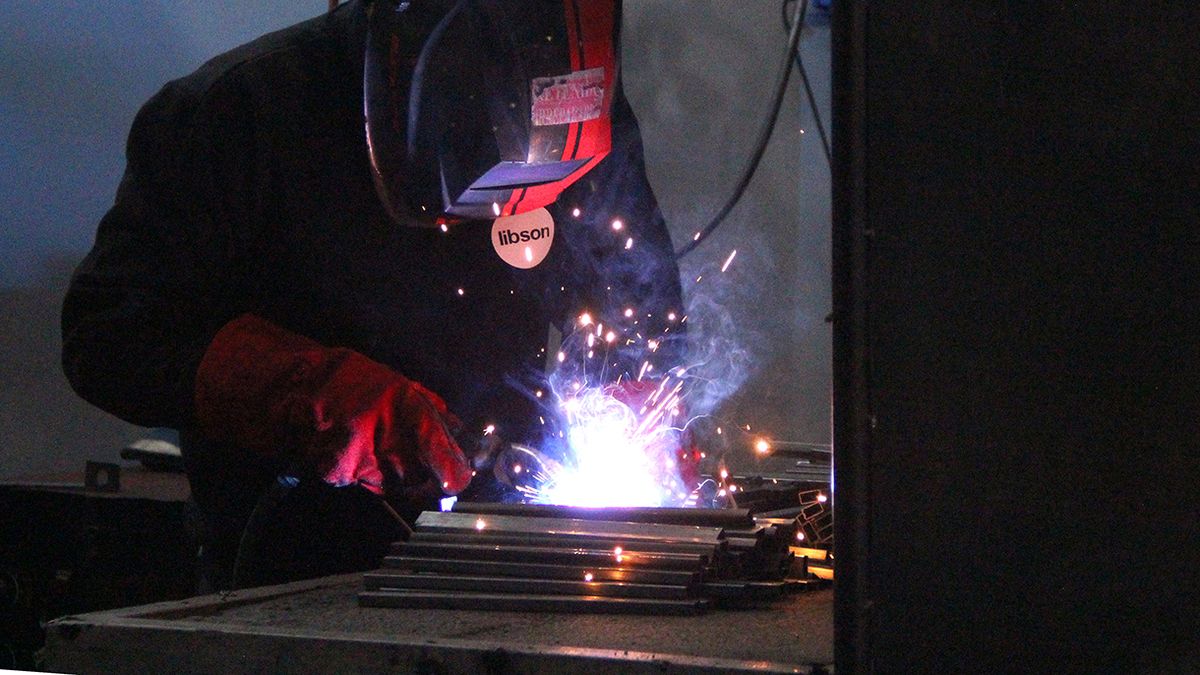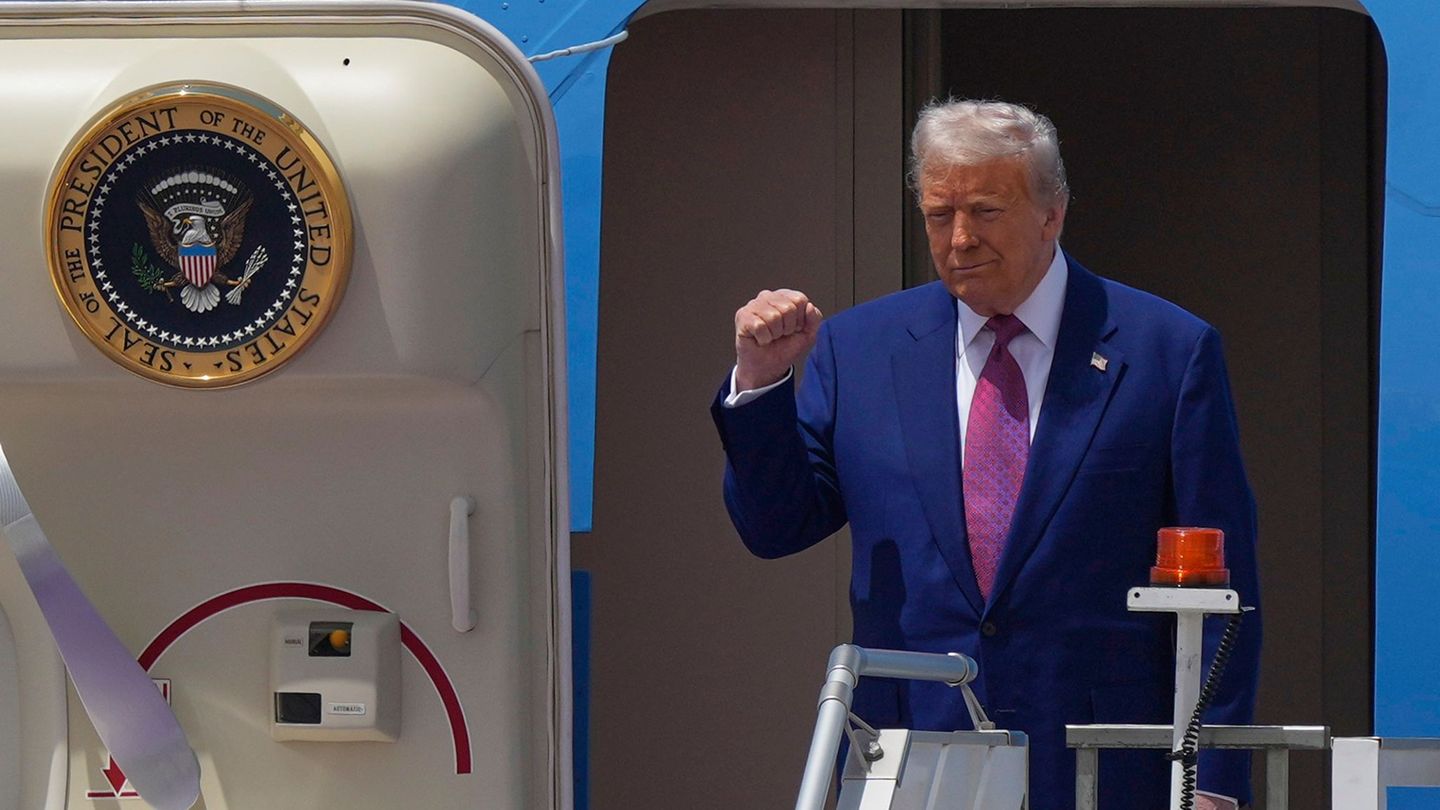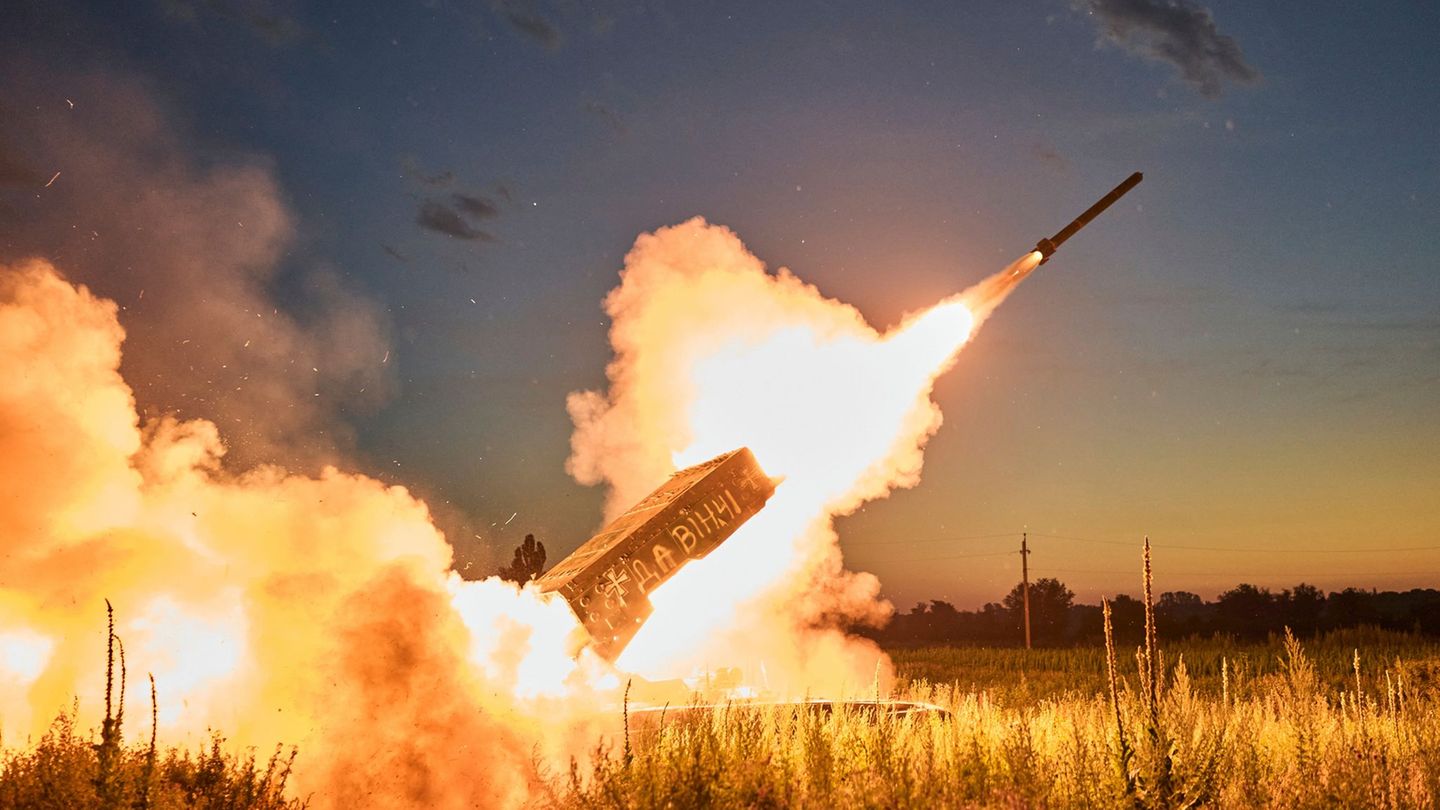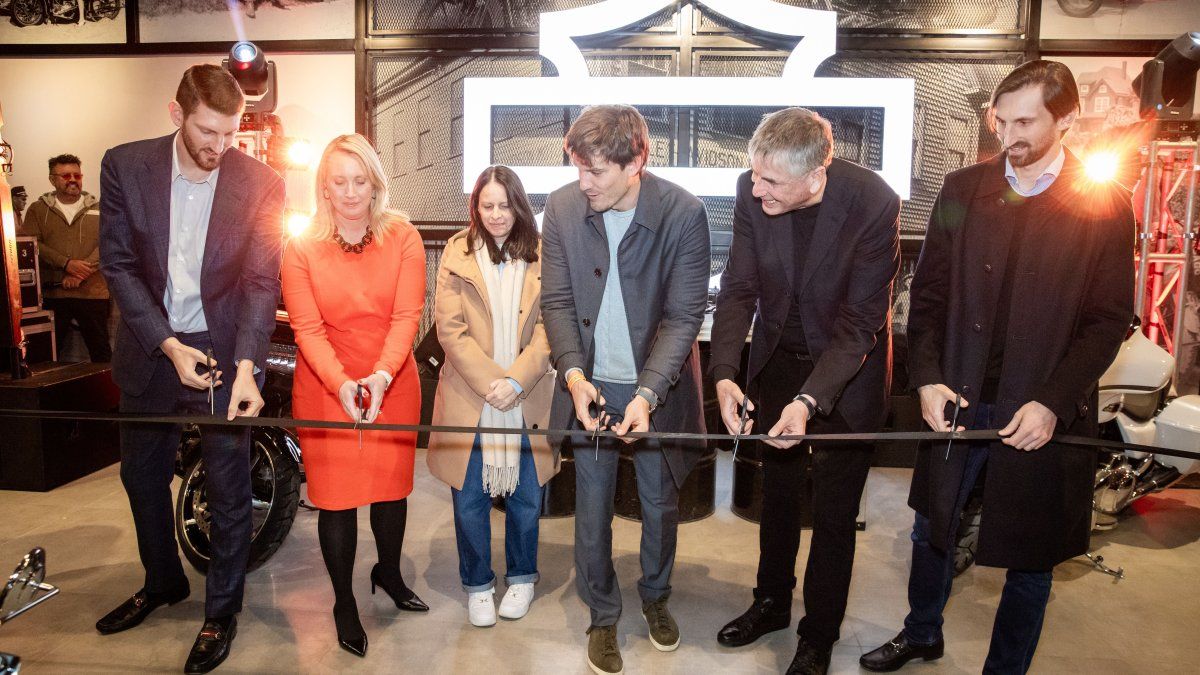While the ruling party aims for an express treatment of the bill Law Bases and the fiscal package in Congress, the metallurgical companies They expressed their worry by one of the axes included in the initiative: the Incentive Regime for Large Investments (RIGI). This Monday, the Association of Metallurgical Industrialists of the Argentine Republic (ADIMRA) sent him a letter to the Minister of Economy, Luis Caputo, and to the parliamentary authorities to warn them about the impact that the approval of the RIGI would have on the sector.
In the letter, to which he agreed Ambit in exclusive, ADIMRA He gave the head of the Treasury Palace a request to review the project and warned that, as stated in its latest version, the regime “directly attacks the national industry and SMEsfor the benefit of large companies and imports.”
In particular, they stated that the initiative would generate a significant loss of competitiveness for national manufacturers against the “international industrial complexes” since those who own investment projects covered by the RIGI will be able to import inputs, materials and capital goods without tariffs for both the initial stage and the productive flow for 30 years.
He RIGI It is included in the text of the omnibus law that the Government wants to approve before May 25. Establishes a wide range of tax, customs and exchange benefits, and guarantee measures with sanctions for officials who fail to comply with these incentives within the established deadlines. If approved, investment projects in all sectors starting at US$200 million will be able to access the regime. Those that focus on exports and exceed US$1,000 million will have greater benefits and guarantees.
At the tax level, it establishes a single profit rate of 25% (10 points lower than the general ceiling), preferential treatment for profits and dividends, the possibility of applying 100% of the Tax to the Check as payment on account of Profitsamong other benefits.
It also contemplates the exemption from import duties and statistical fee for the entry of capital goods, spare parts and components destined for new projects, one of the points most questioned by ADIMRA. Likewise, it allows the beneficiaries freely dispose of 20% of the foreign exchange generated by their exports after the first year, 40% in the second year and 100% from the third.
The letter from the metallurgical industrialists to Luis Caputo
The letter that Caputo and the heads of the different legislative blocks received bears the signature of the president of ADIMRA, Elio Del Reand the pro-secretary general of the entity, Javier Viqueira. The objective of the writing, an important source in the sector explained to this medium, is ask that the project be reviewed, especially in the points that threaten the competitiveness of national production to the detriment of imported manufactures. “We ask that conditions be equalized,” noted the same source.
In the letter, ADIMRA states that the mechanisms outlined for the RIGI “they do not allow the conditions of competition of national manufacturers to be equalized against international industrial complexes, since the holders of single project vehicle projects (the beneficiaries of the regime) will be able to import used or new capital goods, materials and inputs without tariffs associated both in the initial investment stage as well as in the productive flow during the established period (30 years), directly affecting the national metallurgical industry in general and especially SMEs.”
This implies, according to metallurgical businessmenthat It would be more favorable for the investor to bring machinery and supplies from abroad than to contract with local suppliers., which would put the activity in various chains at serious risk. Industrialists focus on what they consider to be a detriment to companies with investments already established in the country, which will not enjoy the benefits that those who enter the RIGI will receive.
Put in numbers, ADIMRA maintains that national manufacturers will have unequal conditions “since they must face considerable import costs that generate asymmetries, of between 15% and 35% of the total value of the assets”. Among the examples included in the letter, they estimate that in electrical cables for energy distribution the loss of competitiveness for a local manufacturer reaches 22% and in special steel processing equipment for oil and gas the loss is 36%.
The signatories do not reject the need for incentive regimes of this type, although they maintain that They should be considered for underexploited sectors with potential, such as mining and oil and gas “because these types of investments can be a lever for development in Argentina.” “Of course: as long as the local industry is included in the project, with the same conditions or with quotas”expressed a metallurgist in dialogue with this medium.
The document sent by ADIMRA considers “it is pressing that in Article 235 (of the bill) the established benefits do not generate tax inequities that affect the competitiveness of goods produced by local industries, since importation without associated tariffs, adding to the extraordinary benefits promoted by the RIGI , will negatively impact the metallurgical activities that produce and generate jobs in Argentina.”
It also asks to review the Article 238which regulates import and export restrictions, “particularly in relation to the technical regulations in force at the time of the nationalization of goods since they are crucial to ensure that non-compliance with them inadvertently harms local productive sectors and allows a fair and sustainable competition in the industrial field”.
Industry: plummeting activity
The project and the letter are framed in a context of deep recession. The liquefaction of salaries and pensions at record speed plummeted consumption. Thus, the different productive branches began the year with strong cuts. The metallurgical sector is no exception: this Monday, ADIMRA reported that sector activity fell 17.7% year-on-year during March and 2.8% compared to February. Thus, it crowned a first quarter with a decline of 6.6% compared to the same period in 2023.
image.png
In that framework, The use of installed metallurgical capacity (a key condition for investment projects) sank more than 10 percentage points to 43.6%. It’s about the level lowest in the last eight years, except only for the hardest months of the Covid pandemic in 2020.
Elio De Re linked the collapse of activity with the questions about the RIGI project and outlined a complicated horizon for the sector. “Production will continue to decline in line with domestic demand and the use of installed capacity, so it is necessary to promote investment but with a vision of promoting the development of the national industry,” he stated and demanded “prevent sectoral emergencies and pressures from promoting imports.” of equipment produced as stipulated in the Large Investment Regime presented in the draft Base Law.”
Source: Ambito




